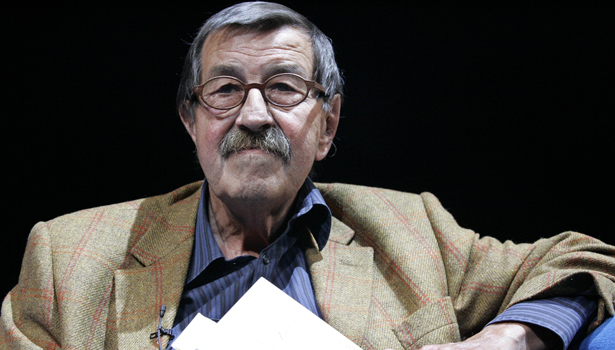At a time when politics can’t be frank enough to reveal the facts in the world, literature still has the chance to do so, despite the strong condemnation it could face due to that.
At a time when politics can’t be frank enough to reveal the facts in the world, literature still has the chance to do so, despite the strong condemnation it could face due to that.
 This is the type of response significant German author Gunter Grass received after writing about the dangerousness of Israel rather than Iran’s nuclear power, and calling on the German government to stop military aid to the Zionist entity.
This is the type of response significant German author Gunter Grass received after writing about the dangerousness of Israel rather than Iran’s nuclear power, and calling on the German government to stop military aid to the Zionist entity.
The lyric entitled “What Must Be Said” was condemned by Israeli Prime Minister Benjamin who considered that “Gunter Grass's shameful moral equivalence between Israel and Iran ... says little about Israel and much about Mr. Grass."
“It is Iran, not Israel, that is a threat to the peace and security of the world,” Netanyahu added.
Similarly, several German politicians criticized the work and described it as “abominable", "irritating" and "over the top".
In contrast, Iran hailed Saturday the poem in a letter it addressed to “distinguished author Dr. Grass”.
“I read your literary work of human and historical responsibility, and it warns beautifully,” Iranian Deputy Culture Minister Javad Shamaqdari said.
According to AFP, Shamaqdari added that “telling the truth in this way may awake the silent and dormant conscience of the West. Writers are able single-handedly to prevent human tragedies, in a way that armies cannot."